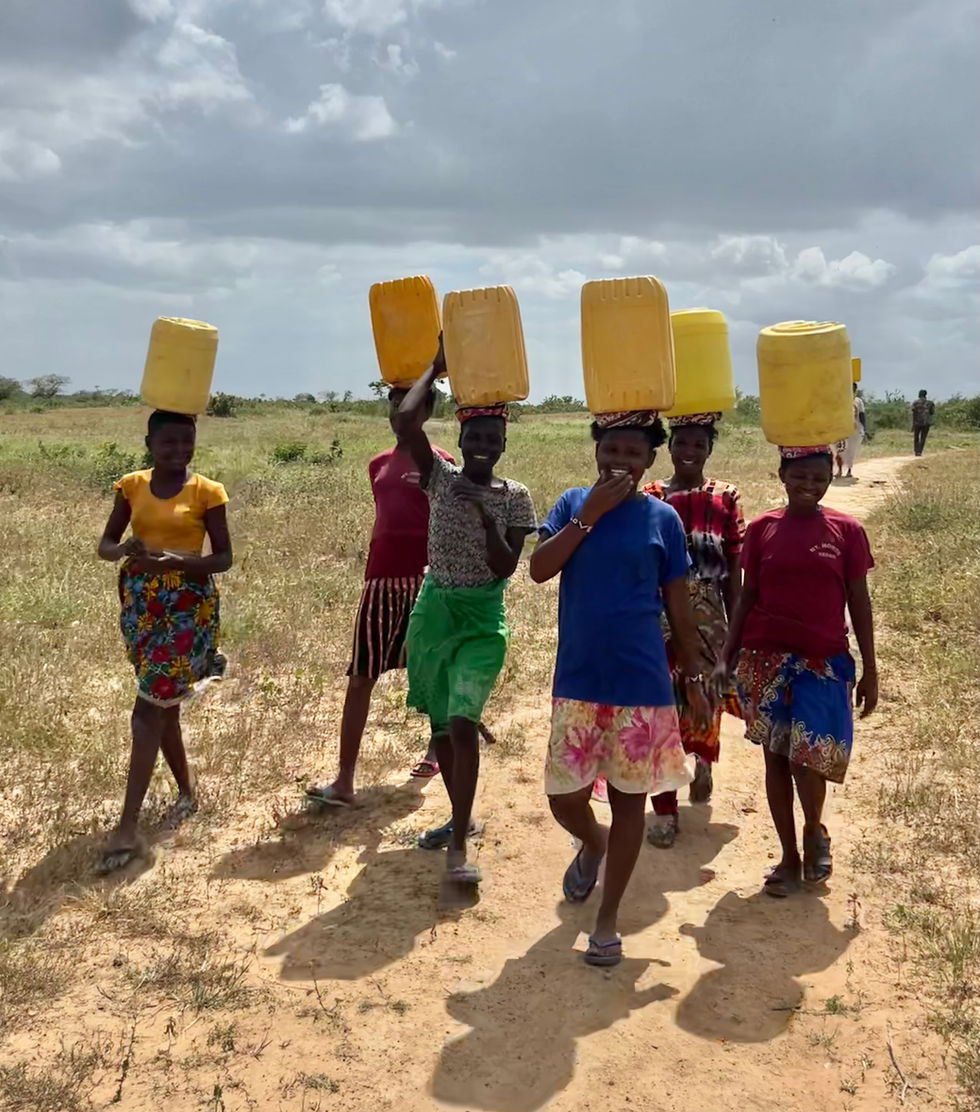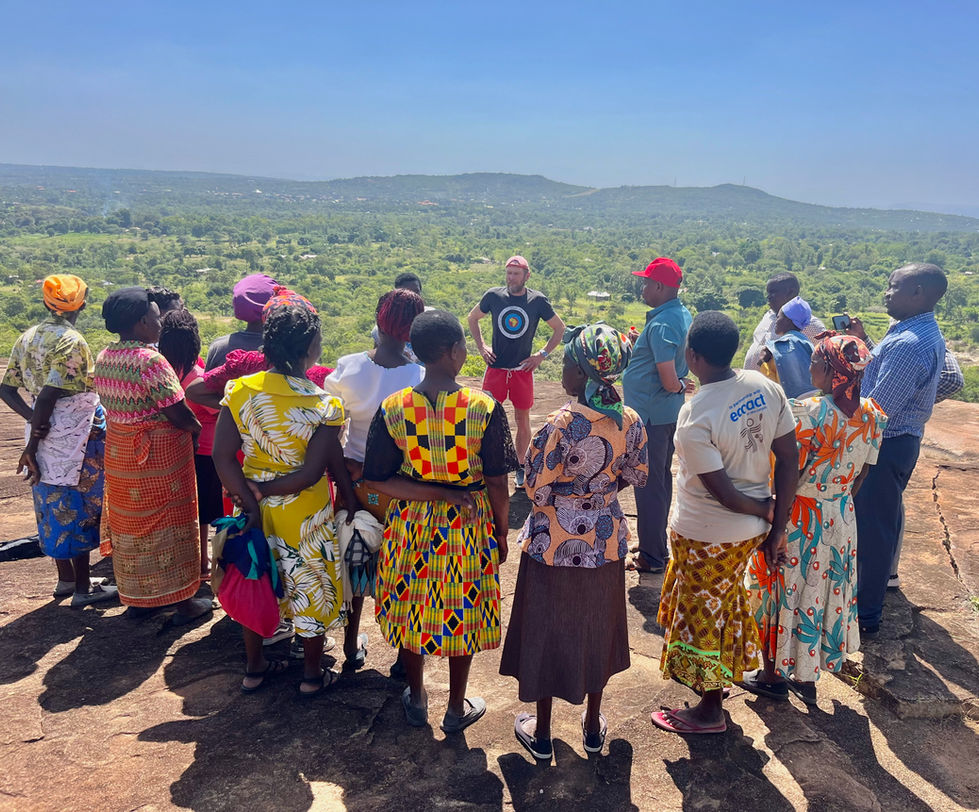Create Your First Project
Start adding your projects to your portfolio. Click on "Manage Projects" to get started
Grandpa goes West
As a board member of Ideenwerkstatt e.V., I firmly believe that prospects for human development can often only arise where there is active participation – for example, in improving living standards.
Based on this principle, we built a preschool for the youngest residents of KIKWE, Tanzania, among other places.
Our association is currently supporting a widows' neighborhood assistance group in KIRITIRI, Kenya (180 km north of Nairobi).
The first steps on site were:
- The installation of 13 water tanks to collect rainwater.
- The leasing of approximately 2 hectares of farmland to enable the women to grow corn and beans (the two main food crops in this poor region).
- Planting the first corn and bean sprouts.
- The financing of a grain mill to prepare the harvested grain for sale into corn flour and other products.
The idea behind this was to provide a startup aid to help people help themselves.
During our last visit to Africa in January 2025, the mill was running at full speed, but the farm was in a rather pitiful state. This was by no means due to a lack of maintenance, etc., but simply due to a lack of rain. There were only five rainy days in the entire season from August to January. Far too few! All the cisterns were also dry.
For me – as a resident of the World Heritage City of Augsburg, which has been recognized by UNESCO for its 600-year-old drinking water management system – this was the right time to take a closer look at the importance of this issue.
Water is as important to our lives as the air we breathe. But for at least 2.1 billion people, clean water is still out of reach. Access to clean water is also closely linked to poverty.
Diseases caused by contaminated water and poor sanitation claim more lives each year than all forms of violence, including war.
In most parts of Kenya, women and girls are responsible for fetching water. The water, often from poorly managed "pools," is then used for cooking, washing clothes, and drinking. On average, they walk 6 km a day for this purpose; the women carry almost 20 liters of water on their heads.
For example, for one of the families in our small town of Kiritiri (mother and two daughters), this amounts to a total distance of over 5,000 km per year. I would love to walk this exact route from Augsburg westward and collect one euro for the water project for every kilometer!









